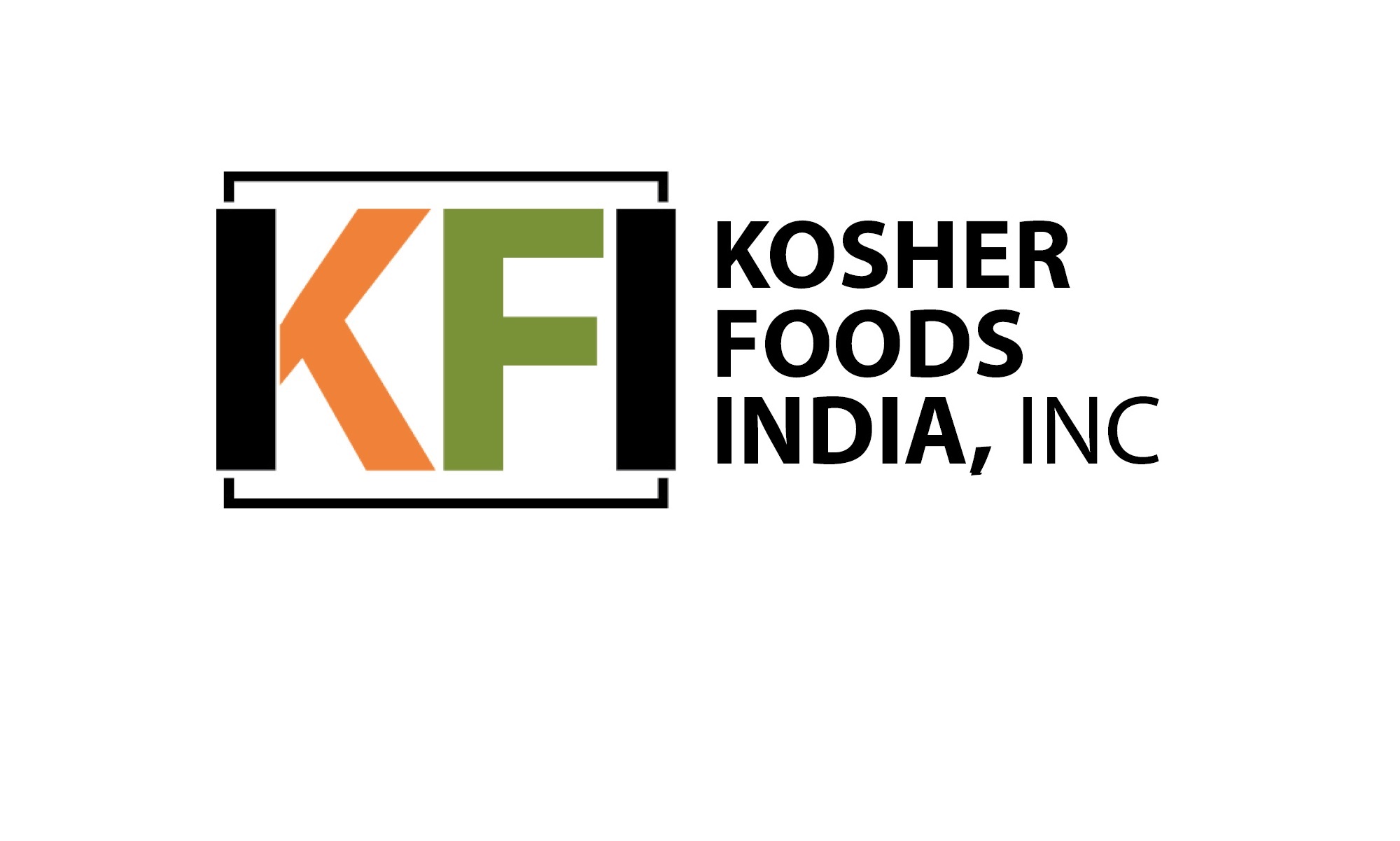Globalization is the watchword of the new millennium, affecting every aspect of our lives, our economies, our industries. A recurring theme in the Fall 2015 edition of The Kosher India Journal (KIJ) that is now available is the recognition of this new reality by both certification agencies and the growers and producers that they certify.
On the one hand, ensuring the kashrus of each and every certified product and raw material has become an increasingly complex effort, requiring closer cooperation between manufacturers and the various certification agencies than ever before. As noted in an article included in this volume by Rabbi Dovid Heber, “every reputable kashrus agency is a stakeholder in this effort.” His article, alongside a pair of others by legal scholar Dr. Timothy Lytton and journalist Sue Fishkoff, help shed light on the history and intricacies of the American industrial kashrus system, and the many ways that this system serves to benefit the client companies being certified.
On the other hand, the explosion of global trade is having both positive and negative impacts on populations in the developing world. Furthermore, the rush to market has the potential to adversely affect the environment as well as the quality and safety of goods being produced. These concerns are being taken seriously by manufacturers around the globe, and several of these, all of whom are Kosher-certified, are profiled in this issue of the journal.
Companies who have adopted Good Agricultural Practices (G.A.P.) and sustainability practices that benefit farmers, growers, and the environment have demonstrated that corporate responsibility can also benefit their bottom line. Many industry experts and trade associates gave of their time and resources to make this issue possible. Our profiles include: JAIN IRRIGATION SYSTEMS, who was just awarded a seventh place ranking in Fortune magazine’s “Change the World Listing” of companies who exemplify what it means to be a good corporate citizen; NEDSPICE, who has demonstrated its commitment to promoting sustainability in the spice trade; and JASMINE CONCRETE, who has worked closely with smallholder farmers to help them derive income from flower cultivation and harvesting. We also offer a profile of the Clinton Foundation’s Accesso Cashew Enterprise program, which is offering indigent cashew growers in India a bright new future with the production of cashew stem juice out of what was until recently considered farming waste.
To address the growing concerns of both consumers and industrial users about the safety and quality of products and raw materials, along with their demand for more ‘natural’ and ‘green’ solutions, manufacturers are responding through innovation, increased attention to traceability, and third-party certifications, including Kosher. The companies spotlighted here are: GREEN CHEM, who has adopted scientific and pharmaceutical protocols to ensure the quality of their herbal ingredients; PRASAN SOLUTIONS, who has innovated natural preservative solutions free of chemical preservatives; and NATURE PURE SUPERCRITICAL, who has developed techniques to meet the growing demand for green solvents.
The mission of KIJ is multi-fold: to impart information about the world of Kosher certification; to explain the role that Indian producers and exporters can expect to play in that world and to provide them with valuable B2B contacts; and to share information about new technologies and developments that would be of interest to our readership. The focus of articles span considerations of Jewish Law, government regulations, market trends, and industry practices. That is true of this issue.
The B2B portion of the journal includes a comprehensive directory of suppliers and points of contact that enables manufacturers to quickly identify and partner with approved sources. As such, KIJ is a vital resource that can abbreviate marketing downtime, shorten the development window, and minimize the inherent risks of contracting with unreliable suppliers. Note that this edition of KIJ has expanded its directory listing to include suppliers in China, Sri Lanka, as well as India.
In the fast-paced, global age in which we live and conduct our businesses, it is more imperative than ever for stakeholders to collaborate, exchange knowledge, and share resources. This journal is but one medium to accomplish some of those objectives. For more information about subscribing to the KIJ, please contact us.
